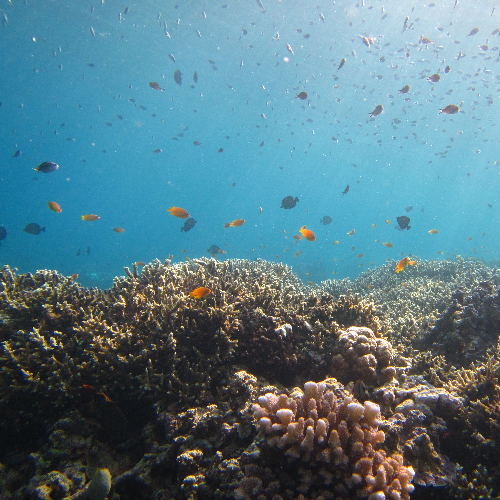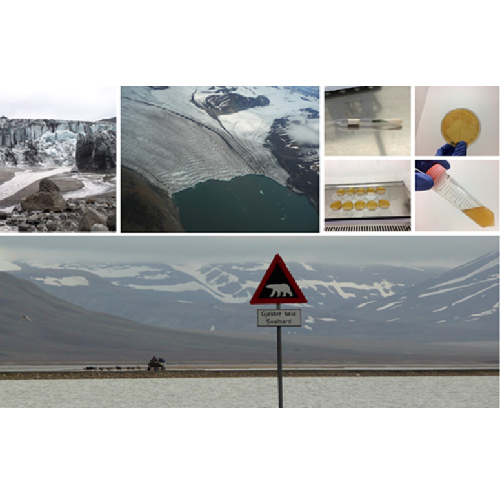Most tropical reef-building corals are mixotrophic, acquiring autotrophic nutrition from their photosynthetic algal endosymbionts and heterotrophic nutrition via predation of plankton. This flexible trophic strategy is thought to underpin their ability to colonise a range of depths, habitats and oceanographic contexts that vary in energetic resource availability. Laboratory experiments suggest coral heterotrophy might explain the […]
Read More
Applications are invited for a PhD studentship within the NERC-ENVISION Doctoral Training Partnership, co-funded by JBA Trust, with a project entitled: “Modelling extreme sea states in a changing climate”. Coastal systems are extremely important for the natural environment worldwide. Waves are among the most important physical drivers for their evolution. Climate change involves transformation in […]
Read More
Over the last 50 years, 33% moth species have declined in total abundance in Britain. This tragic loss of biodiversity is poorly understood, but artificial light at night (ALAN) has been shown to be a strong driver of change that disrupts moth reproduction, larval development, and pupal diapause. The successful student will conduct behavioural experiments […]
Read More
Coexistence of competing species in ecological communities is made possible by co-evolved “rules of engagement”. During competition, these rules enable contest resolution through avoidance or signals, without the need to escalate to direct attacks, which prevents unnecessary energy loss for both individuals. However, rapid environmental change can disrupt established competitor hierarchies as the effect of […]
Read More
Soils underpin food production in Africa, and they are under extreme pressure and while there has been considerable research into the management of African soils for crop production, far less research has been conducted into grasslands and their management, yet they are vital for food security and animal nutrition. This project is focused on understanding […]
Read More
Glaciers and ice sheets store 77% of Earth’s freshwater and are key for utility supply, irrigation, and hydropower. Effective water-resource planning for a sustainable Earth in a changing climate, and hazard mitigation of glaciated areas, depend upon a sophisticated knowledge of the status of ice and the mechanisms that cause it to change. Understanding the […]
Read More
Temperatures in the Arctic have been increasing at more than double the global average over the last decades and glacial environments are at the forefront of climate change. Increasing temperatures impact freshwater runoff, as well as the transport of essential nutrients such as nitrogen from Arctic ice caps to the ocean. Rapidly changing nutrient dynamics, […]
Read More
The project: Freshwater ecosystems are among the most threatened ecosystems globally, with nutrient enrichment perhaps the most significant stressor. However, the importance of the wide range of organic nutrient compounds found in freshwater ecosystems (e.g. proteins, nucleic or amino acids, phospholipids, etc) remains highly uncertain. Research to address this uncertainty is critical, because the concentration […]
Read More
The Greenland and Antarctic Ice Sheets are responsible for about a third of global sea level rise as a result of increased melting and changes to ice flow. Supraglacial lakes (SGLs) are becoming more abundant as a result of increased melting, and can act to speed up ice flow when they drain (Leeson et al., […]
Read More
Ecoacoustics is the use of sound to understand more about the nature of ecosystems and how they function. The scientific field and practical applications are rapidly developing as new hardware and analytical techniques, in particular AI methods, make the methodologies more accessible and the results more actionable. Many animals produce sounds which can be used […]
Read More










